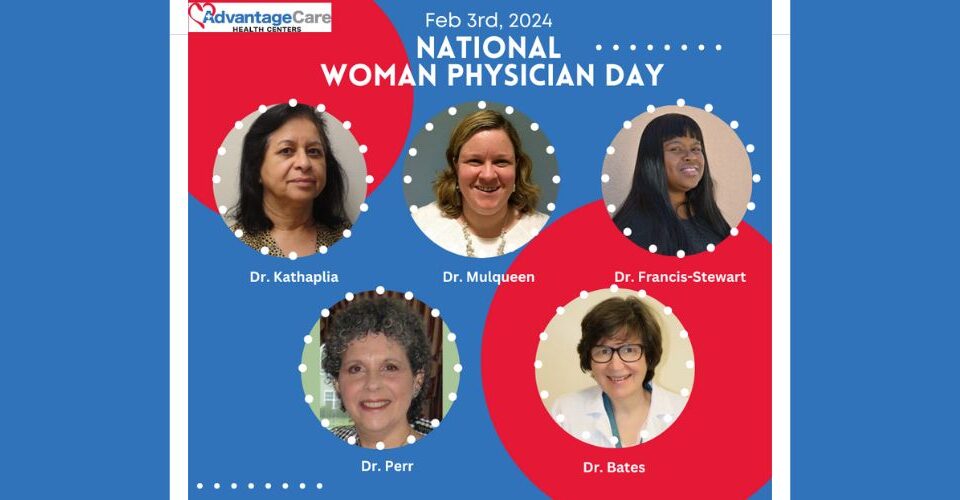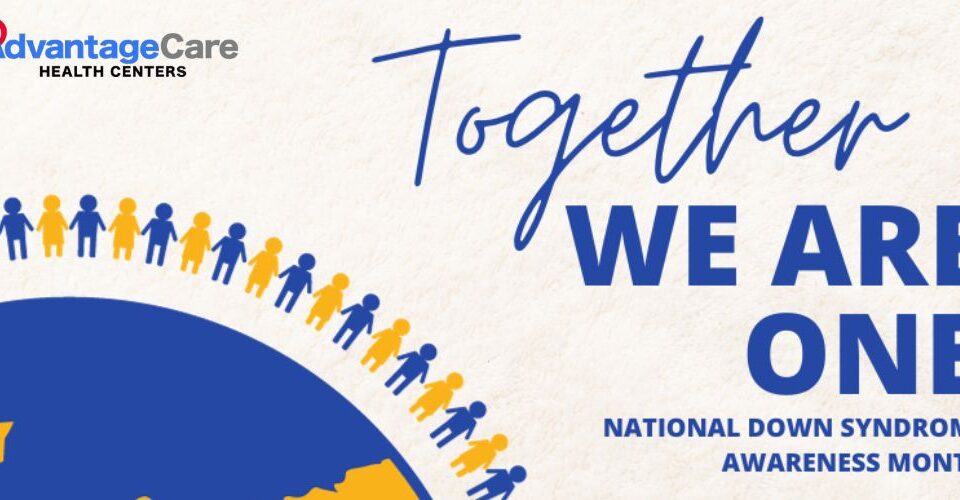
An Early Autism Diagnosis Benefits Both Children and Parents
September 11, 2019
Oral Hygiene Tips for Infants, Toddlers and Tweens
October 15, 2019
An Early Autism Diagnosis Benefits Both Children and Parents
September 11, 2019
Oral Hygiene Tips for Infants, Toddlers and Tweens
October 15, 2019
Everybody loves a greasy hamburger now and then, but a consistently unhealthy diet can do more harm than you might realize. It’s actually one of the major contributing factors to heart disease, the leading cause of death in America. While no one’s telling you to give up burgers entirely, switching to a heart healthy diet is likely to provide significant benefits.
Why Heart Health Matters
Regardless of your age, taking care of your heart should be a priority. The earlier (and more often) you follow a heart healthy diet, the better off your cardiovascular health will be.
Although everyone can benefit from eating right, some people are more at risk for heart disease than others.
5 Risk Factors to Consider
- High Cholesterol
- High Blood Pressure
- Smoking
- Not Maintaining a Healthy Weight
- Not Enough Physical Activity
If you have any of these risk factors, a heart healthy diet would really be in your best interest.

10 Heart Healthy Diet Tips
Late-night cravings aside, you have the power to control what food you put in your body. By making simple changes to what you eat, you could profoundly impact heart disease risk factors, like high cholesterol and high blood pressure.
If you would like to improve your cardiovascular health, follow these 10 simple heart healthy diet tips.
- Try Meal Planning
- Limit the Size of your Portions
- Eat more Fresh Fruits and Vegetables
- Add High-Fiber Foods to your Diet
- Limit Saturated and Trans Fats
- Go Low Protein
- Reduce Sodium Intake
- Avoid Added Sugars
- Eat a Balanced Diet
- Live Tobacco Free
Bonus Tip: Get at least two hours and 30 minutes of moderate exercise or one hour and 15 minutes of vigorous physical activity per week.

September is National Cholesterol Education Month
Anyone, at any age, can have high cholesterol. It’s estimated that more than 100 million American adults have unhealthy cholesterol levels, putting them at high risk for heart disease.
What you need to Know about High Cholesterol
High cholesterol is a symptomless medical condition. Many people do not know they are at risk until they have been tested for it. Unfortunately, less than half of young adults who have common risk factors do not get a cholesterol screening, according to the CDC.
A simple blood test is used to diagnose high cholesterol. If you have elevated cholesterol, it can be controlled through lifestyle changes and, if necessary, medication. Switching to a heart healthy diet will also likely make a big difference.
The National Cholesterol Education Program has recommended that adults over the age of 20 have their cholesterol levels checked every five years. If you haven’t had your cholesterol checked lately, September’s National Cholesterol Education Month is the perfect time to do it.
Advantage Care Health Centers offers a wide range of preventive health services for adults. To learn more about how we can help you, please request an appointment to see one of our physicians today.





